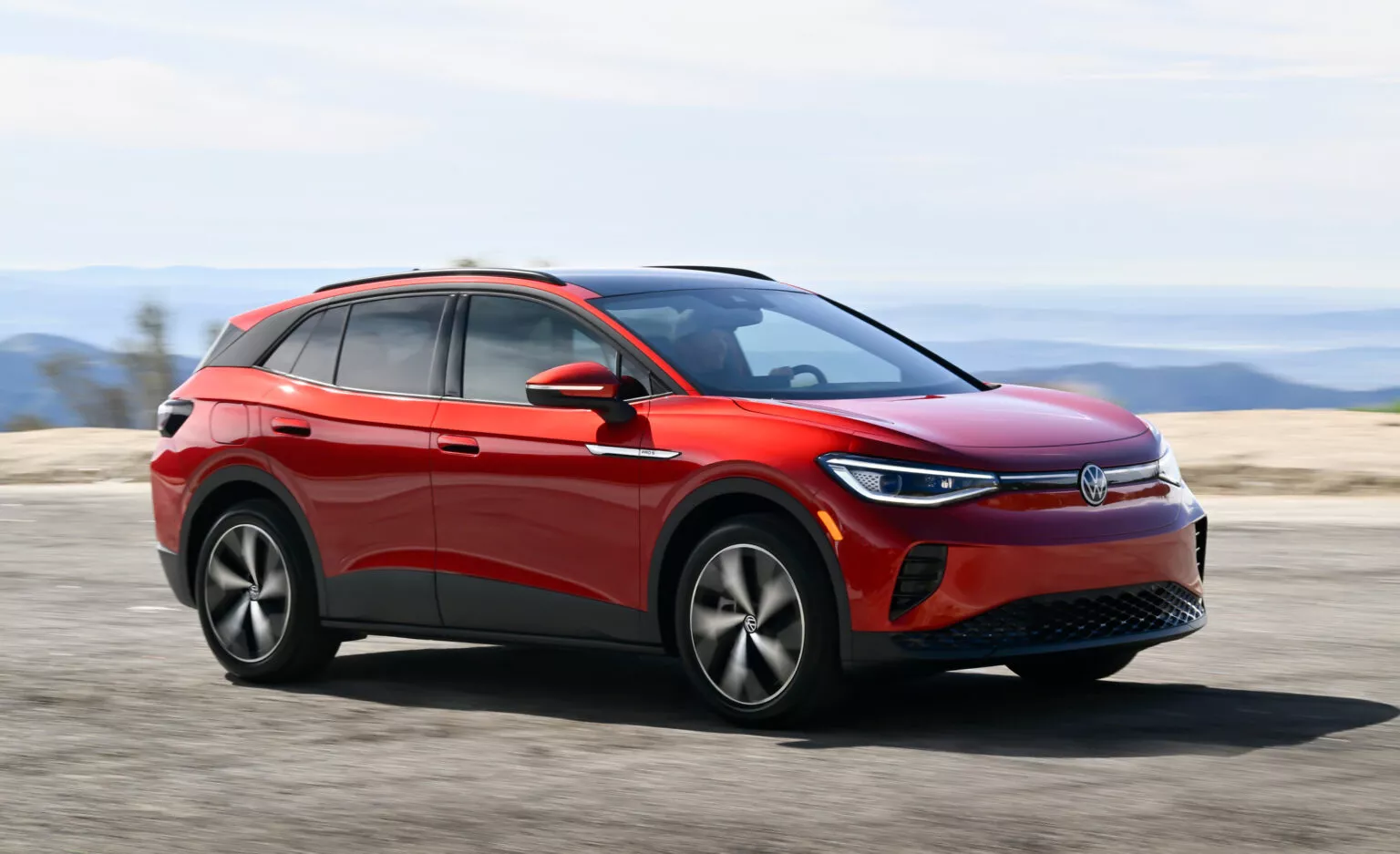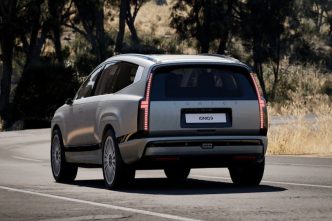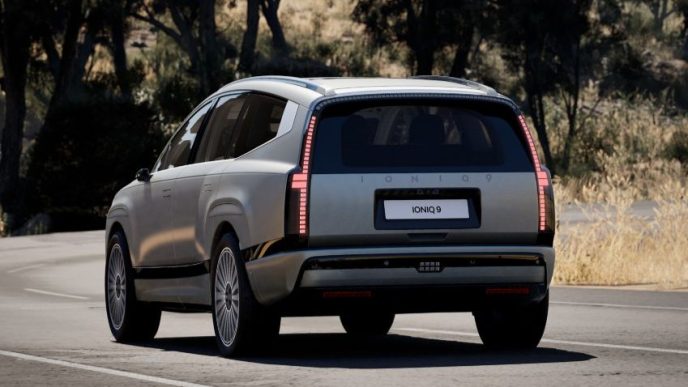The Center of Automotive Management (CAM) has highlighted challenges to the rapid expansion of electric mobility in Germany, pointing to rising prices and a narrowing range of smaller electric models. According to their analysis of new electric car registrations in Germany and China for 2024, the availability of electric vehicles in Germany has increased from 105 models in 2023 to 134 models in 2024, but this growth is concentrated in the SUV segment, which now accounts for over half (56.7%) of the available electric models. Conversely, the number of mini and small electric cars, which are crucial for broader adoption, has decreased.
The shift toward larger vehicles has contributed to a significant rise in the average price of electric vehicles in Germany, which has increased by €3,976, or 7.5%, compared to 2023. This trend is largely driven by the popularity of mid-size SUVs. The end of the environmental bonus in late 2023 may have further reduced the affordability of smaller electric cars, particularly for budget-conscious consumers. The CAM also notes that the shrinking small EV segment, including the discontinuation of models like the Renault Zoe and Smart Fortwo, has led to an increase in average range (463 km) and DC charging power (156 kW).
Meanwhile, in China, the situation contrasts sharply, with prices for the most popular electric vehicles decreasing by an average of 5% in 2024. However, in Germany, prices for the 15 most popular EV models have surged by 10.6%, with top models seeing a price increase of 14.5%. The study also revealed notable price differences between manufacturers, with brands like Mercedes-Benz and Volkswagen showing higher pricing gaps between electric and combustion models, while Chinese manufacturers also price their EVs higher in Germany.
Despite these price challenges, CAM study director Stefan Bratzel remains optimistic about the future of electric mobility in Germany, forecasting price reductions or significant discounts in 2025 as manufacturers strive to meet tightening CO2 fleet targets. Reducing manufacturing costs will be a crucial factor for automakers, especially as global leaders like Tesla and BYD, along with other Chinese manufacturers, benefit from better cost structures.








